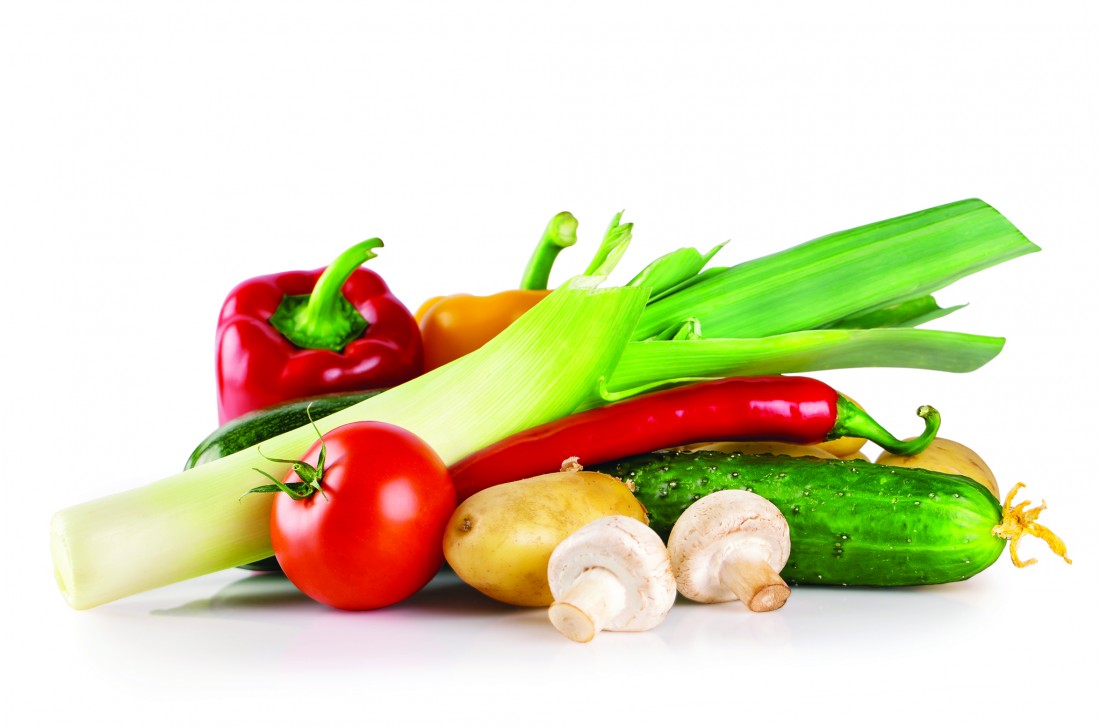Veganism. Vegetarianism. Plant based diets. All hot topics in our current climate. Whether for health, ethical, or environmental reasons, these diets tend to take up more and more media coverage each day. For your average Joe, removing animal products from your diet requires careful consideration and planning to ensure we prevent the occurrence of macronutrient and micronutrient deficiencies. Further, when you consider a typical athlete, a poorly planned vegan/vegetarian diet can lead to impaired immune function, restricted training adaptations and limited overall strength to name a few- not ideal at this point in the season! With this in mind, before I go further, I would like to make clear that I am neither promoting nor discouraging a plant-based diet within this piece, but merely providing advice for vegan/vegetarian players to ensure both health and performance goals can be achieved.
Firstly, what are the key concerns for a vegan athlete?
Plant based diets tend to have reduced protein, omega 3, vitamin B12, calcium, iron and zinc levels, as animal products are our primary source of these nutrients. As a result, when a plant-based diet is poorly planned, you are putting yourself at risk of such nutrient deficiencies- all of which will affect health status, injury risk, training ability and performance for an athlete.
So, let’s get straight to the question we are all asking- what about protein?
We have already established the importance of protein in the diet of an athlete, to encourage new muscle development and to repair our existing muscle. Therefore, if your diet is predominantly plant based, the quantity and quality of protein sources must be considered to meet your body’s demands. But why?
Proteins are made up of small building blocks called amino acids, some of which can only be obtained from the diet- known as essential amino acids (EAAs). Typically, plant-based protein sources do not contain all of these essential amino acids, and therefore we need to consume a combination of plant-based protein sources to meet our EAA needs. It’s simple. If we don’t receive all EAAs through our diet; strength, power and training adaptions will all be sacrificed.
So, how can we consume all of our essential amino acids in a plant-based diet:
1.Include a grain within your meal e.g. oats, quinoa, rice etc
2.Add in a legume to your meal e.g. kidney beans, chickpeas, baked beans etc
3.Add in nuts or seeds e.g. almonds, chia seeds, mixed nuts etc
4.Consider a substitute (if preferred) e.g. tofu, soy, quorn etc
But remember- EAT A VARIETY!
No fat is a good thing, right?
Usually when we think of fat, we automatically think of greasy takeaways or fried foods. But what about the ‘good fats’? Omega 3 fatty acids are typically found in oily fish and are required to produce nitric oxide during exercise to enhance overall sporting performance. Although you can obtain these fatty acids in chia seeds, walnuts and brussel sprouts, these do not tend to be in sufficient quantities and so consulting a health professional in regard to supplementation would be recommended.
And what about calcium?
I must admit I am a stickler for adequate calcium intake in the diet. As most of us learn from an early age, ‘calcium is good for your bones’ and unlike many things we are told as children, this wasn’t a lie! Repeated knocks, hits and bumps during sessions. All common complaints for a Gaelic player, and all the more reason to ensure your bones are healthy and strong. For those who consume animal products, we can easily get our calcium intake from foods such as milk, yoghurts and cheese (mainly dairy products). Further, for those who follow a plant-based diet, you will require increased quantities of these calcium containing foods to meet your bones demands. With this in mind, here are a few plant-based foods that contain calcium:
Soy based foods
Beans, peas and lentils
Nuts such as almonds
Tahini, chia and flax seeds
And remember, as we have limited exposure to Vitamin D over the winter months (as it is obtained from the sun), consult a Registered Dietitian or Nutritionist about commencing a Vitamin D supplement, as this nutrient is required to aid Calcium absorption in the body!
Don’t forget B12!
Vitamin B12 can be a tricky one as this nutrient is most prevalent in meat and egg sources. This nutrient proves specific cause for concern as prolonged deficiency can result in irreversible neurological damage! Although B12 can be consumed through fortified cereals and nutritional supplements, this is unlikely to adequate for an athlete. As a result, I would encourage you to consult your GP to allow ongoing B12 monitoring and assess long-term need for injectable replacements.
Is that all?
Although I have covered ‘the big 4’ challenges of a plant-based diet for athletes, we also need to consider iron, zinc and iodine intake. However, the key message to take away from this piece is VARIETY, PLANNING and CONSISTENCY, because if you lack these factors, you are putting yourself at risk.
And finally, to finish;
If you make the decision to try a vegan/plant-based diet, please make sure you have been accurately informed about the pros and cons of doing so. We can all be victims of misleading, well-constructed ‘cinematic’ documentaries, lacking sound scientific evidence and explanations, so please don’t let this be a ‘game changer’ in terms of your diet. At the end of the day, when you eat like an athlete, you perform like an athlete- whether this be animal free or not!
Anne-Marie is a Sport Dietitian with a BSc in Dietetics and MSc in Sport Nutrition. Anne-Marie has experience in both Clinical and Sport environments and currently works within the IRFU as a Performance Nutritionist. You can catch Anne-Marie on Instagram @amulhollandrd and Twitter @AnneMarie_Mul
Receive quality journalism wherever you are, on any device. Keep up to date from the comfort of your own home with a digital subscription.
Any time | Any place | Anywhere












